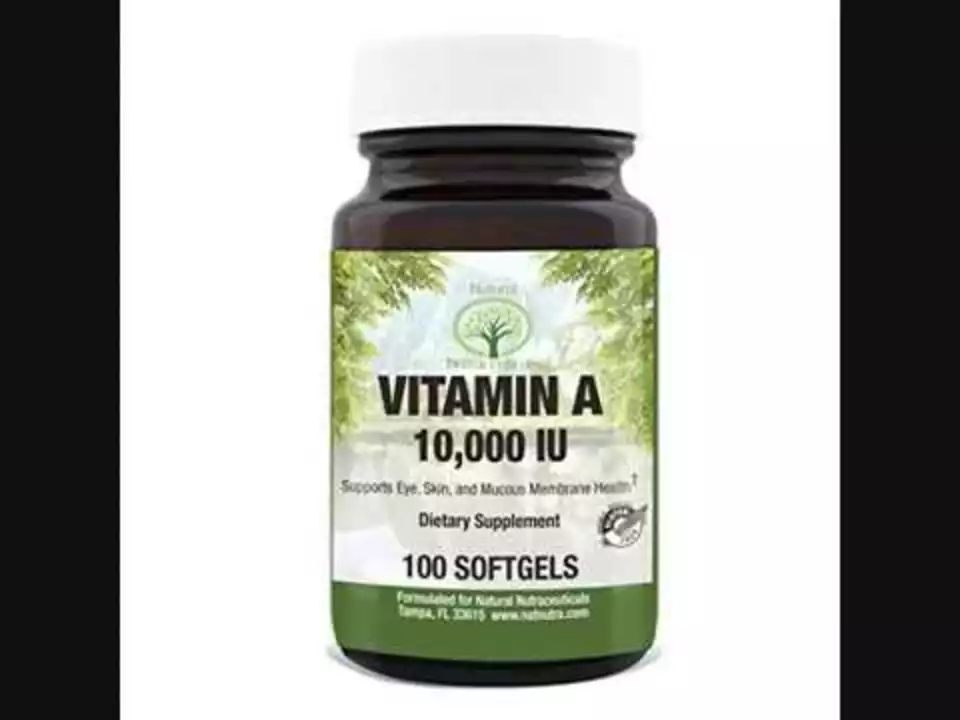Natural Dietary Supplement: What Works, What’s Safe, and How to Buy
If you're thinking about a natural dietary supplement, you want results without surprises. Supplements can help joint pain, skin health, digestion, and energy, but quality and evidence vary. Use this page to spot useful options, avoid common safety traps, and shop smart online or in stores.
First, ask a simple question: what problem are you trying to fix? Match the supplement to the symptom. For joint pain, glucosamine hydrochloride has clinical support for slowing symptom progression and easing movement. For skin and barrier support, ingredients like babassu oil can help hydration and inflammation. If gut regularity is the issue, increasing dietary fiber or a psyllium supplement is a practical step.
How to judge a supplement
Look at three things: ingredients, dose, and evidence. Read the label—active amounts matter. A product that lists "proprietary blend" without amounts is a red flag. Check if studies back the ingredient at the dose listed. Third-party testing (USP, NSF, ConsumerLab) is worth paying for; it confirms what’s in the bottle and that you’re not getting fillers or contaminants.
Also check interactions. Natural doesn't mean harmless. Some oils and herbal extracts can interfere with prescriptions like blood thinners or blood pressure meds. If you take any chronic medication, ask a pharmacist or doctor before starting the supplement.
Practical buying tips
Buy from reputable sellers. Trusted online pharmacies and specialty stores often have better quality control than unknown marketplaces. Look for clear contact info, a return policy, and independent test seals. Compare unit price and check expiration dates. For products shipped internationally, consider customs and storage conditions—extreme heat can degrade oils and vitamins.
Start with a short trial at the recommended dose and keep a simple log: date, dose, and effects. If you see no benefit after the expected time frame for that supplement, stop and reassess. Don’t stack multiple new supplements at once—introduce one at a time so you can tell what helps or harms.
When researching, prefer sources that cite clinical studies or official guidance. Anecdotes are fine for ideas, but randomized trials and meta-analyses give reliable signals. For specifics, our site covers glucosamine hydrochloride, babassu benefits, cananga oil, and fiber for gut health—in-depth guides explain uses, doses, and safety tips.
Common mistakes to avoid: buying the cheapest option, ignoring dosage, and assuming "natural" equals safe. Also avoid products that claim to cure everything. Good supplements support health; they rarely replace a needed prescription. If your symptoms are severe or sudden, see a clinician rather than relying on supplements alone.
Finally, keep records. Note brand, lot number, and where you bought it. That helps if there’s a recall or if you need to check quality later. A thoughtful, cautious approach will give you benefits while reducing risk.
If you want help choosing, our pharmacy guides and reviews compare brands, testing, and prices so you can pick smart. Message our team or read reviews to find trusted options that match your budget and needs today.

Caraway: The Natural Dietary Supplement You Need to Improve Your Digestion
As someone who's always on the lookout for natural ways to improve my health, I recently came across caraway, a potent dietary supplement that has been found to have amazing benefits for our digestion. Caraway seeds have been used for centuries in traditional medicine to treat various digestive ailments, such as bloating, gas, and indigestion. Their active compounds, like carvone and limonene, have anti-inflammatory and antispasmodic properties, which help soothe the digestive tract. I'm excited to incorporate caraway into my daily routine, either by adding the seeds to my meals or taking a supplement, to support my digestive health. If you're looking to improve your digestion naturally, caraway might just be the answer you've been searching for!
View More




